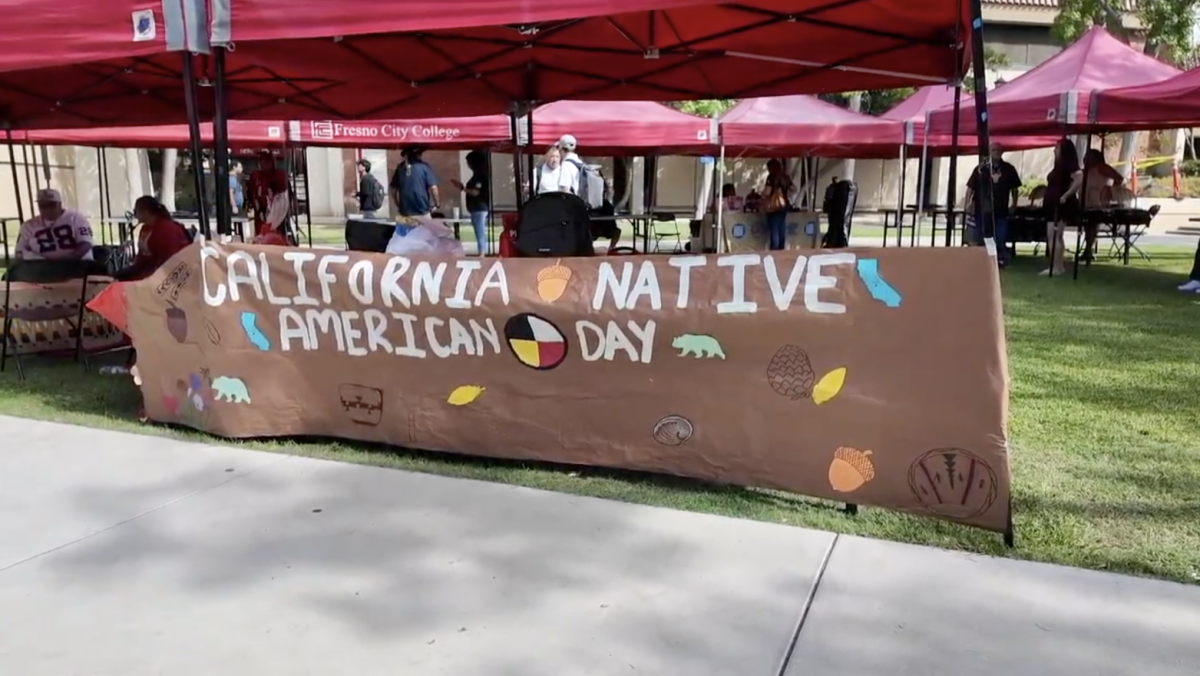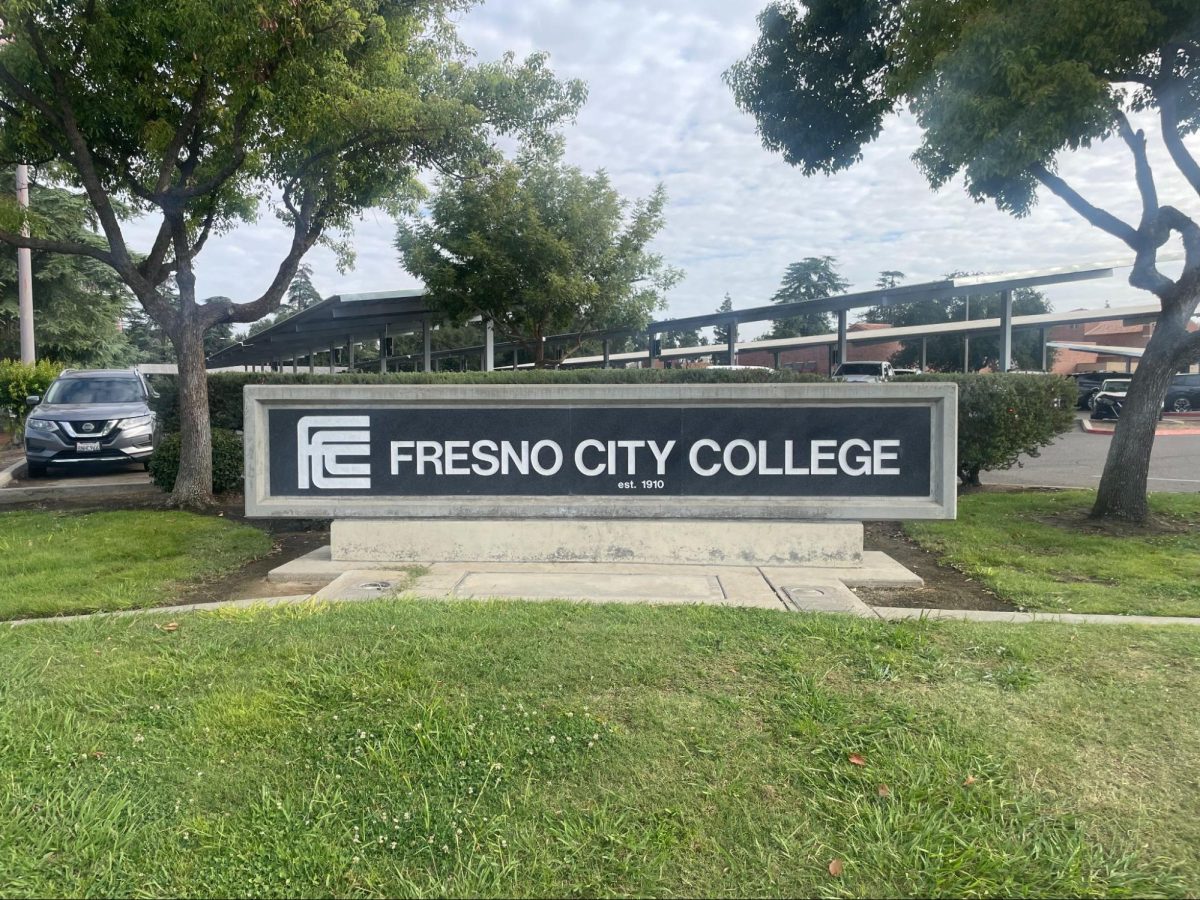American voters should care deeply about the beliefs of our public officials. Doing so provides citizens with an opportunity to accurately characterize the priorities of elected servants.
As representatives by and for the people, public officials should be encouraged or required to disclose as much of their personal history as possible in order to not only forge a trust with the voting public, but also to better reflect the attitudes of his or her generation.
Voters have a right to trust that elected leaders reflect their biases. In an age of presumed rationality, blind faith in a candidate based on a political party label is a primitive exorcize. Not only should voters take on a more active role in educating themselves, information related to a candidate’s history should be available to the public. This may include the nature of a politician’s private life, their alliances and their religious beliefs.
In the absence of openness, ignorance empowers politicians to pander and glorifies the hearsay or their proponents and opponents. An ignorant mind is a refuge for falsehoods. Facilitating the absence of reason undermines the democratic process.
The question at hand is whether or not religious views should factor into our judgment of character. The true spirit of democracy emerges when public servants mirror the will of the majority of their constituency.
American history reveals that our perceptions and motivations are shaped by the values and doctrines of a given era. Amidst the First World War, President Woodrow Wilson witnessed the apocalyptic nature of ethnic cleansing and global conflict. In the aftermath of the war, much of the authority in negotiating a lasting peace fell upon Wilson.
President Wilson’s religious beliefs directly affected his livelihood. Historian Louis Auchincloss explains that, “He believed that he was directed by God and he frequently said so. He thought that God had made him President of the United States.”
Edward House, a close personal advisor to Wilson, often seized upon the President’s delusions of grandeur. In persuading Wilson to enter the First World War and to shape the conflict’s aftermath, House declared that, “This is the part I think you are destined to play in this world tragedy, and it is the noblest part that has ever come to a son of man.”
As a result of the U.S. Senate refusal to ratify the League of Nations, Wilson’s most important point in the effort to achieve a lasting world peace, and because of Wilson’s delusions of divine grandeur, the President developed an identity crisis, experienced severe migraines and suffered from several nervous breakdowns.
Wilson grew increasingly unstable. As the President deteriorated, members of his inner circle seized partial control during the final months of Wilson’s Presidency.
Do we really want a politician whose Muslim, Christian, scientific, Buddhist, Satanic or Sikh background shapes their behavior in office? Should the fortitude of a man crumble when his policies fail to see the light of day? As always, these questions are for the people to determine.
Profiling elected servants in order to understand the depth of their character is a democratic reality. Disclosure is fundamental to the vetting process. Democracy serves the will and the prejudices of a people. In the right or in the wrong, registered voters exorcise their prejudices and their discontentment at the ballot box. This is the standard by which we elect our leaders and shape our laws.
Rationality, legitimacy and integrity are arbitrary values that voters consider when shaping the outcome of an election. If pragmatism and scientific analysis are considered by the majority of voters to be rational and legitimate, then so be it. If religiously based values are considered to be true forms of rationality and integrity, then so be it.
Beyond religious ideologies, citizens should examine a candidate’s legal history, private memberships, job history, financial history, family values, marital status and educational background. Doing this allows both the voter and the servant to fulfill their democratic objectives.
Election results are a survey of the cultural biases of a particular time period. Most everyone votes their values. Fulfilling the function of American democracy should take precedence over the privacy or shadiness of political candidates.
The lives of private citizens should always be respected. However, grasping the motivations behind a public official’s decisions is paramount.
In short, knowledge enhances our capacity to accurately judge. By providing voters with greater transparency, the spirit of democracy is preserved while the current values of a society are more accurately represented.”








